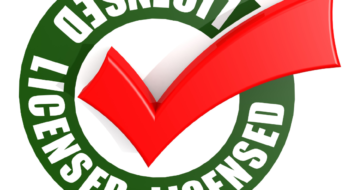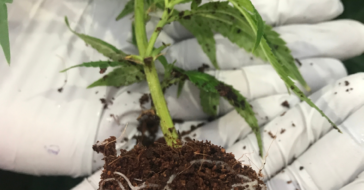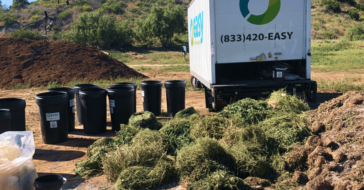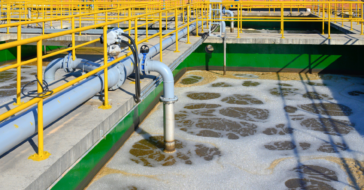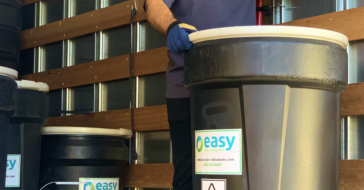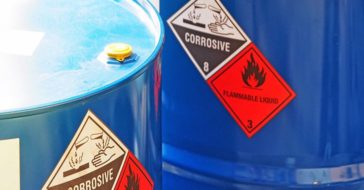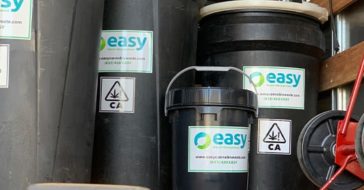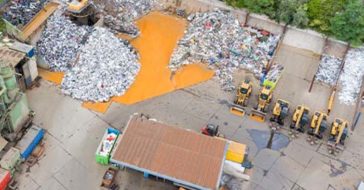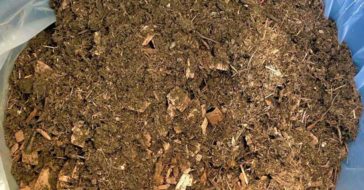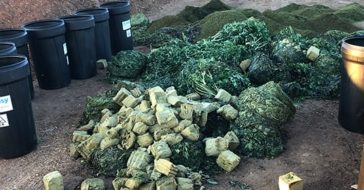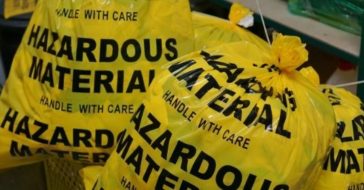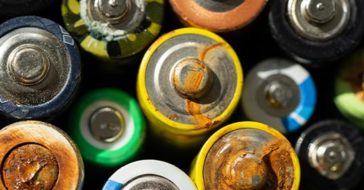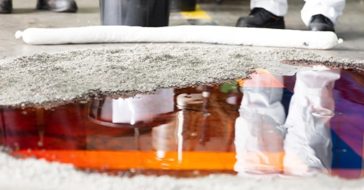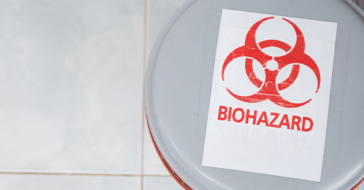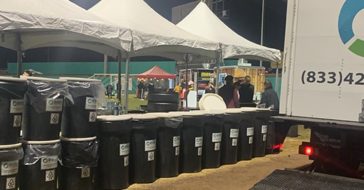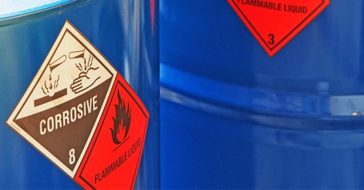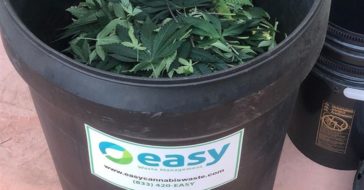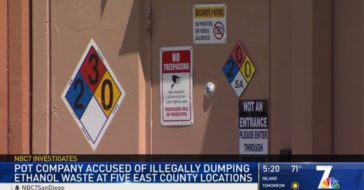If you’re in the landscaping, agriculture, or even the energy industry, at some point or another, it’s likely that you’ve found yourself with too much weed killer on your hands. When this happens, learning how to safely dispose of the product without damaging the environment should always be a top priority. Prior to discussing your options for weed killer removal, it’s crucial to outline what absolutely should not be done with the product.
What to Avoid When Disposing of Weed Killer
Weed killer products often have chemicals built in that, while beneficial for ridding plants of unwanted weeds, are harmful to the environment. As such, a person should adhere to the following rules:
- Never dump weed killer down a sink drain – Sewage plants are designed to treat bacteria in water, not pesticides and herbicides
- Never dump weed killer into a storm drain – Storm drains flow directly into bodies of water, and dumping weed killer into this flow can impact marine ecosystems
- Never throw unemptied weed killer bottles into the trash – Throwing weed killer into the trash can pose a risk to the handlers of that trash along with potentially release the chemicals into the general ecosystem
While the above may seem more convenient than proper disposal methods, they are illegal methods for disposing of hazardous waste. This can result in hefty fines, environmental implications, and backlash on your business.
How to Properly Dispose of Weed Killer
With all of the actions a person shouldn’t take when disposing of weed killer outlined above, let’s cover the legal ways in which a business can rid themselves of hazardous waste.
Disposing of Empty Herbicide Containers Using the Triple Rinse Method
If you’ve used up your weed killer entirely, all you’re left to dispose of is the container. Assuming it held a concentrated formula of herbicides, it must be rinsed three times before recycling. Use the following triple-rinse process while wearing personal protective equipment.
- Empty the container into a designated spray tank and allow it to drain for 10 seconds after it starts to drip
- Fill the container roughly ¼ with water and seal tightly
- Shake vigorously for 10 seconds to coat all surfaces inside
- Pour rinsate into a designated spray tank or container; not into the drainage system
- Drain the empty container for 10 seconds after it starts to drip
- Repeat 2 more times
- Crush the container so that it cannot be used again.
As a note, you should not store the rinsate solution for extended periods of time as it can be hazardous to health. To avoid this process entirely and ensure the safety of your employees, contact a local hazardous waste removal company.
Disposing of Full Herbicide Containers
While using up the entire supply of weed killer is ideal for waste removal, it’s not always possible. Whether you don’t have the equipment necessary for a proper rinse or simply can’t use up the total supply, getting rid of unused weed killer is slightly more challenging. The only legal way to dispose of this waste is to work with an accredited hazardous waste removal company. The waste company will handle hauling and disposal in a responsible, environmentally friendly manner.
Safely Dispose of Your Waste Today
Weed killer is an important tool used by a variety of businesses around the world, but it can be extremely toxic to the environment and your health if not disposed of properly. To responsibly dispose of herbicides in the state of California, contact the California Department of Pesticide Regulation for guidance or a hazardous waste company like Easy Waste Management. Our professional haulers ensure you remain compliant with state laws and regulations. Request a free quote today!
Readers Note: Rules and regulations may vary from state to state. Always contact your local solid waste facility or environmental agency for guidance on disposal requirements in your area.










